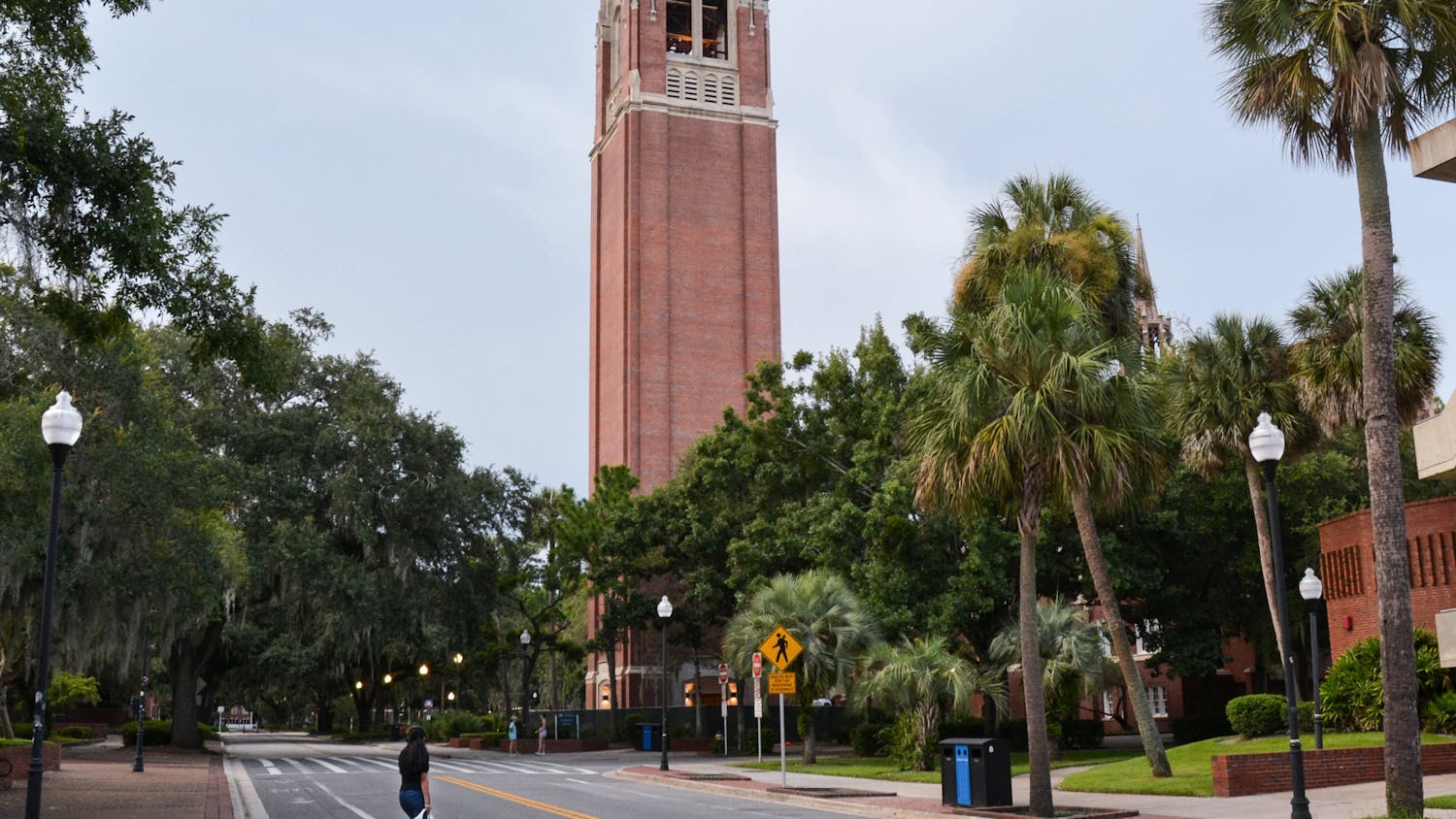A team of UF researchers has received a $1.5 million grant to study the cause of colon cancer.
The National Cancer Institute at the National Institutes of Health awarded the five-year grant to examine the role of an inflammation-causing protein in colon cancer development.
A protein called interleukin-8, or IL-8, is suspected to be a cause of increased rates of colon cancer among people who have ulcerative colitis, a disease that causes inflammation and bleeding in the colon and rectum.
Dr. Emina Huang, a colon surgeon and associate professor in the UF College of Medicine’s department of surgery, is the principal researcher for the project.
Huang said if IL-8 is determined to be the cause in cancer development, scientists could focus on discovering methods to interrupt its function and eventually stop its growth.
While the cause of ulcerative colitis is unknown, about 750,000 Americans have the disease, according to the Crohn’s and Colitis Foundation of America.
“We are trying to figure out if we block this protein, is there a way that we could prevent patients who have long-standing colitis from developing colon cancer,” Huang said. “That’s our ultimate goal.”
According to UF researchers, people with chronic ulcerative colitis are three to five times more likely than the general population to be diagnosed with colon cancer.
“This could potentially act as a target for intervening, so people with colitis don’t get colon cancer,” Huang said.
IL-8 is known to appear in cells called fibroblasts, which make proteins that help keep the body’s tissues together. Scientists found fibroblasts add to the growth of tumors in the colon.
With the $1.5 million grant, Huang said she and the research team will investigate the effects of IL-8 on tumor-initiating epithelial cells, which form the majority of the cells in a tumor.
They will also try to determine whether higher levels of IL-8 are connected to a mutation that prevents another type of protein from killing unhealthy cells, which would ultimately create tumors.
While the grant will last five years, Huang said she believes preventing colon cancer will take much longer to discover.
“The award is five years, and I think it will take at least that long to figure out the scientific part,” Huang said. “Then probably another five to 10 years looks like a good target to move to clinical trial.”





